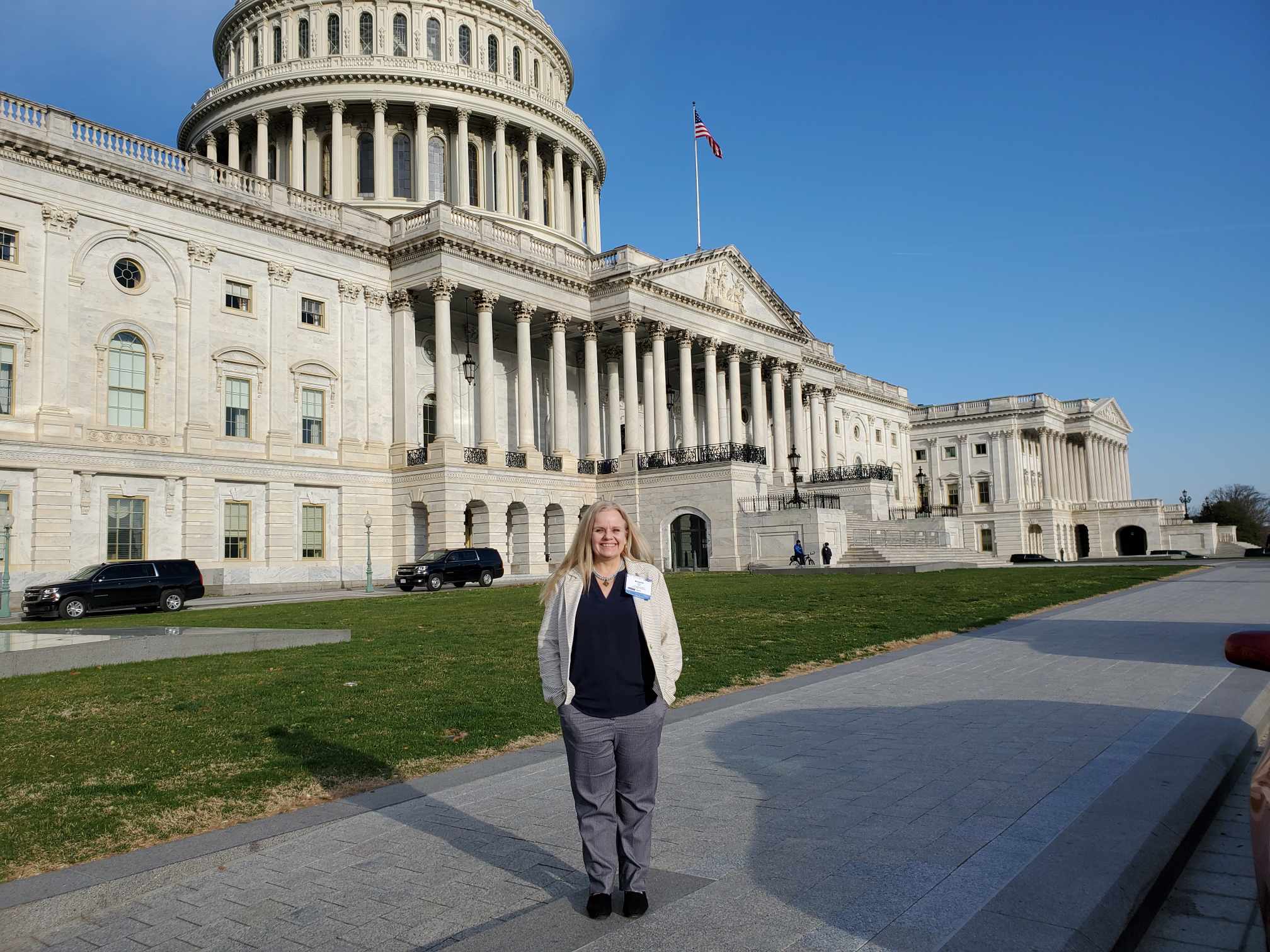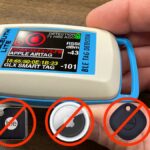The Bachelor of Science in Health Data Analytics is now one of three bachelor of science degrees offered by the...
WHO, and the Centers for Disease Control and Prevention (CDC) in the United States of America (Eastern Europe and Central...
Coral Gables, Florida, March 25, 2024 (GLOBE NEWSWIRE) -- The Garage, a leading population health management platform, has announced a...
FRIDAY, May 20, 2022 If you've had a root canal, you can expect your tooth to survive for about 11...
At the Idaho State University College of Technology, the Health Information Technology (HIT) program is setting a new standard for...
I still remember to this day what it felt like to be a young doctor working in a hospital...








